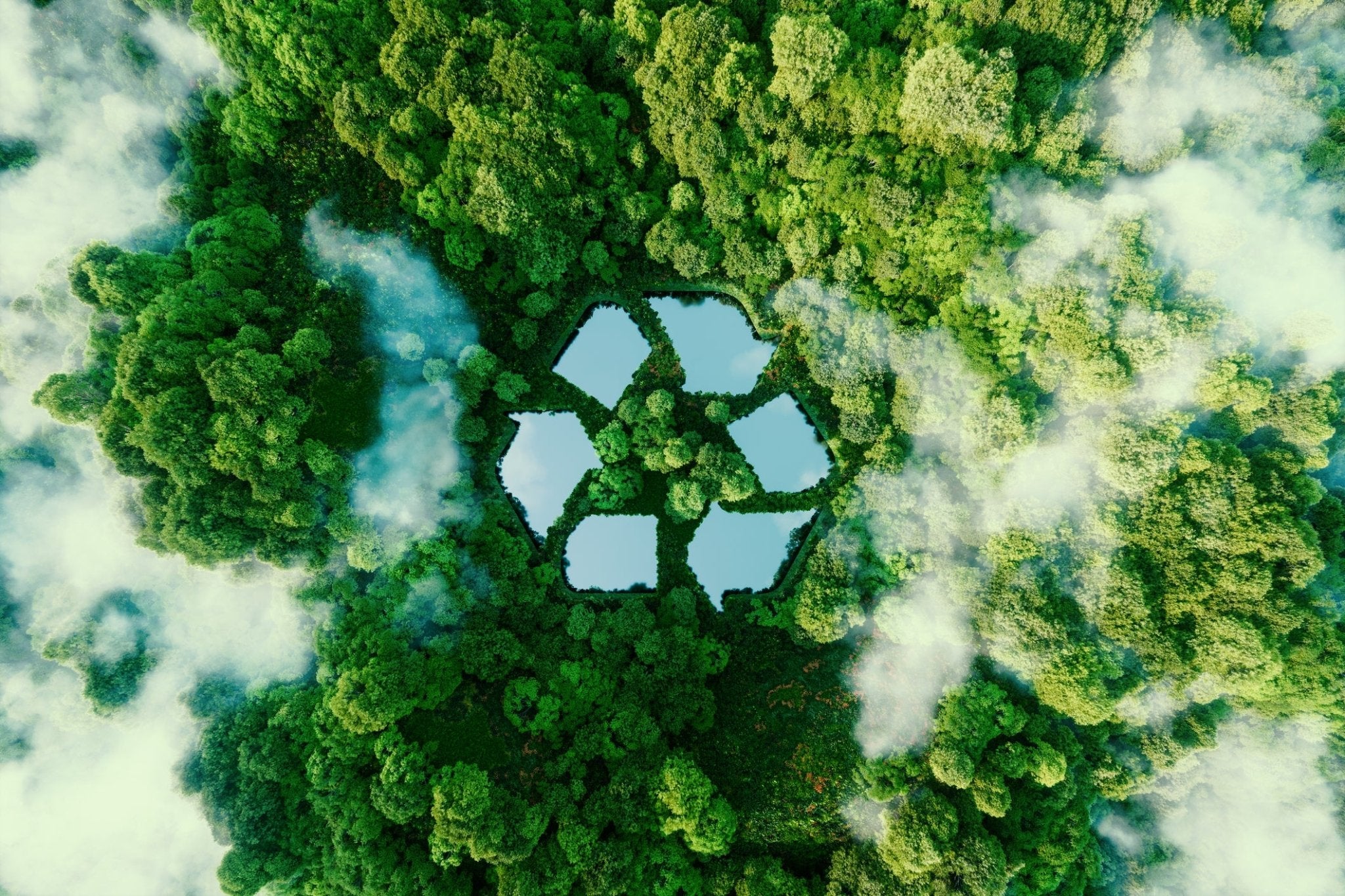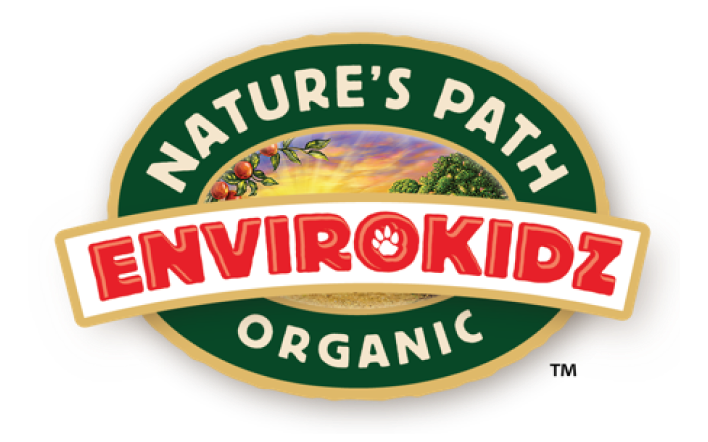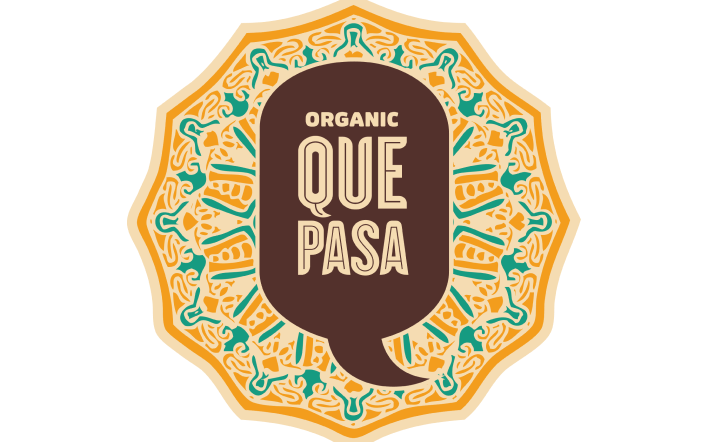
5 Ways You Can Protect the Environment
For decades, climate and environmental changes have been a topic of interest worldwide. The reason being is that our environment supports many ecosystems that contribute to our daily lives. These ecosystems help to keep our water purified, maintain good quality air, and preserve good soils where our produce is grown and harvested. These resources allow us to grow, thrive, and continue to live.
Maintaining a healthy and sustainable environment solely depends on us keeping it clean as part of our daily life. If no one takes action, we run the risk of putting our planet and lives at risk. Our planet needs to be protected if we are to provide better opportunities for future generations.
Doing your part doesn’t have to be complicated. There are simple actions you can take that help the planet and our future.
Explore the 5 ways you can protect the environment.
- Recycle
- Reduce Plastic Whenever You Can
- Save Power
- Conserve Water
- Use Eco-friendly Reusable Bags
Recycle

Recycling is the collection of reusable materials and processing them to create new products. The first step you need to know about recycling is learning how to recycle. The United States Environmental Protection Agency lists many items you can recycle including paper and cardboard, glass, electronics, batteries, metals, etc.
Also, before you dispose of any material, think of creative ways you can reuse it. For example, rather than tossing away jam jars, you can reuse them for dry food storage or for pens and paintbrushes. Have leftover vegetable scraps and peels? Toss them into compost in your backyard, not only will you reduce the amount of waste but also add fiber and nutrients to your soil for your garden. For more ways read our blog Going Zero Waste at Home - Nature's Path.
Reduce Plastic Whenever You Can
Reducing plastic consumption is another way you can protect the environment, especially wildlife. When plastic is disposed of in landfills, it is often blown away by heavy winds, rains, or extreme weather and ends up in drains that lead to the sea.
A research study conducted by Marcus Eriksen, Et al. claims that more than “5 Trillion Plastic Pieces Weighing over 250,000 Tons Afloat at Sea”.
Not only do tiny toxic plastic partials seep into our oceans but also into the soil which pollutes the surrounding water sources that we use.
The best way to eliminate this is to avoid all forms of plastic, including straws and cutlery. Instead, purchase biodegradable straws or eco-friendly cutlery you can take with you wherever you go. You can also change your tea bags for a tea strainer or purchase glass containers versus plastic Tupperware. However, if you absolutely need to use plastic, try extending the life usage.
Because plastic is made from oil and gas, fossil fuels, they contribute greatly to climate change. Let’s do our part by reducing carbon footprint. Read more about Reducing Single-Use Plastic in Your Life - Nature's Path
Save Power
Saving power reduces fossil fuel consumption because it requires less energy to produce. This is beneficial for both the environment and for yourself. You avoid getting a high energy bill and help with the prevention of climate change.
According to the U.S Information Administration, (EPA), residential and commercial sectors in the United States consume the majority of energy. But you can help conserve energy starting right in your home by:
- Turning off lights when not in use
- Unplugging electronics not in use
- Washing laundry at 30 degrees (cold water)
- Using ceiling fans in the summer and installing thick curtains
- Switching to LED light bulbs
Making these small changes can go a long way. Start saving energy today.
Conserve Water
Reducing water usage also helps the environment and saves energy. Since water needs to be filtered and heated, it requires energy, thus burning fossil fuels which are damaging. When you become aware of water consumption, you’ll save money on your water bill and reduce carbon footprint.
Ways you can conserve water are to:
- Wash laundry with full loads
- Use the dishwasher only when full
- Turn off the faucet while brushing your teeth
- Schedule lawn watering
- Install water-efficient appliances and showerheads
Also, be considerate of how much water you use when you shower.
Use Eco-friendly Reusable Bags

Some states have adopted eco-friendly reusable bags, however, in many places, plastic bags are still used. There are many benefits to using reusable bags. One, it helps cut down on littering. The fewer plastic bags are distributed the less they end up in landfills and in the ocean. Second, reusable bags are made from eco-sustainable materials and are considered renewable, like polyester, nylon, and natural fibers.
You can find many of these at your local store and purchase them at a decent price. Bring them with you wherever you go grocery shopping. If you keep one or two in your car, you’ll always be prepared without the need for plastic bags.
Saving our planet is crucial and requires all of us to play a role in decreasing our carbon footprint. Basic lifestyle changes can assist with creating a better impact in our environment. At Nature’s Path, we are dedicated to doing our part to protect our environment and the longevity of our planet.






